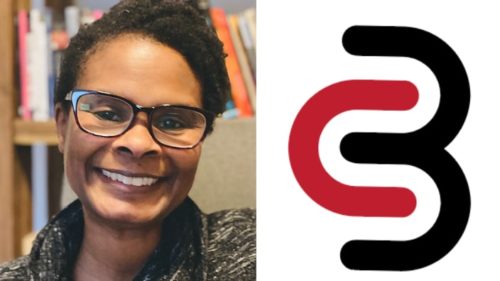COVID Black is using data and creating space to honor Black lives lost to virus
Share
Explore Our Galleries
Breaking News!
Today's news and culture by Black and other reporters in the Black and mainstream media.
Ways to Support ABHM?
EXCLUSIVE: theGrio chats with founder Kim Gallon about COVID Black’s mission of redefining the future of Black health by marrying ancestry with data analytics and technology.
By Christina M. Greer
COVID Black is a Black health data organization that uses data to tell stories about the Black lived experience to advocate for health equity. The goal of COVID Black is to honor and value each Black life that is lost to COVID-19.
COVID Black is building a digital memorial to pay respect to Black people in death that is often not given in life. The aim is to also serve as a refuge and salve to ease the pain and suffering of the families and friends who remain among the living.
theGrio chats with COVID Black founder Kim Gallon about the organization and its mission of redefining the future of Black health by marrying ancestry with data analytics and technology.
theGrio: Why did you start this project?
Kim Gallon: We started off as a project in early April 2020, right after the pandemic began and initial data about Black people was released in Chicago and Milwaukee. Not surprisingly, Black people were disproportionately affected by the virus. I was enraged by the numbers and initially did not see a lot of Black scholars talking about this data on social media….

COVID Black founder Kim Gallon (Photo: Courtesy of Kim Gallon/COVID Black)
…COVIDBlack.org is a space for a virtual homegoing for Black people. Black people can also receive a free Aya pin to commemorate remembrance for their lost loved ones. For Black communities, the Aya symbol (on the pin) and the online system to memorialize Black people lost to COVID is a part of the data and healing process. For the design of the Aya pin, we worked with designer Rene Payne, founder and creative designer of Included, a company which promotes social equity, human dignity, and environmental justice projects.
Grio: Why the Aya symbol?
KG: The Aya symbol is part of the Adinkra system from Ghana. The symbols represent concepts that guide people in life. The Aya symbol is a call to Black people of African ancestry and their will to survive. The Aya symbol represents people of African descent and the ability to form communities and survive against odds. The “Fern” which is a symbol of endurance and the will to survive. The ability to survive and to be able to negotiate adversities on the other side, not necessarily unharmed but stronger having gone through this….
Read the full article here.
Learn about the heartfelt memorialization of black lives.
More Breaking News here.









Comments Are Welcome
Note: We moderate submissions in order to create a space for meaningful dialogue, a space where museum visitors – adults and youth –– can exchange informed, thoughtful, and relevant comments that add value to our exhibits.
Racial slurs, personal attacks, obscenity, profanity, and SHOUTING do not meet the above standard. Such comments are posted in the exhibit Hateful Speech. Commercial promotions, impersonations, and incoherent comments likewise fail to meet our goals, so will not be posted. Submissions longer than 120 words will be shortened.
See our full Comments Policy here.